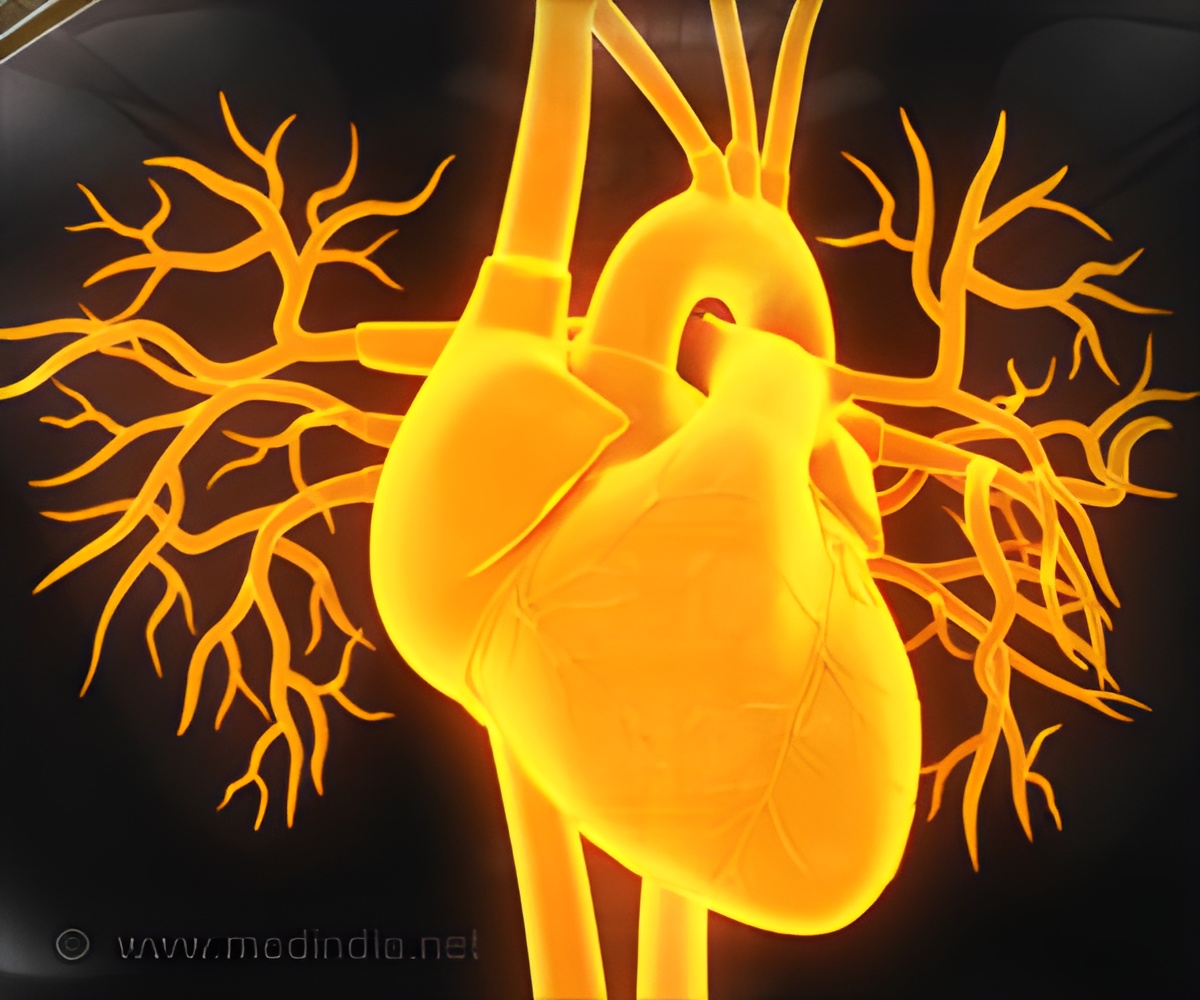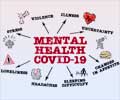People with a high risk of developing a stroke or heart attack over the next 10 years who acquire COVID are nearly three times as likely to be hospitalized.

‘People at risk of heart attack or stroke over the next 10 years (but without existing cardiovascular disease) are at substantially greater risk of becoming seriously unwell with COVID-19.’





The researchers say the findings emphasize the importance of COVID-19 vaccination and investing in strategies to improve cardiovascular health that could reduce the severity of COVID-19 across the population. Throughout the COVID-19 pandemic, chronic health conditions such as CVD have been associated with the most severe outcomes including hospitalizations and deaths. CVD includes coronary heart disease (angina and heart attack), stroke, and transient ischemic attacks (mini-strokes). However, people at raised cardiovascular risk, but without existing CVD, have not been identified as a risk group for severe COVID-19.
For this study, researchers used the electronic medical records of 949,973 adults (aged 40-84 years) registered at GP practices across England to calculate the incidence and risk of COVID-19 (based on laboratory-confirmed SARS-CoV-2) as well as severe COVID-19 (defined as death, intensive care unit [ICU] admission and hospitalization) among adults at raised and low cardiovascular risk.
To estimate a person’s risk of future CVD, researchers calculated a score called “QRISK3” that combines a range of factors including body mass index, smoking history, blood pressure, cholesterol, age, social deprivation and ethnicity. Those estimated to have a 10% or higher chance of a heart attack or stroke within the next 10 years were classed as at “raised risk,” and those with less than a 10% chance, at “low risk.”
Of the 949,973 adults included in the study, 113,142 (12%) had existing CVD, 303,558 (32%) were classed as being at raised risk of CVD and 533,273 (56%) at low risk. A total of 4,017 of these participants (average age 58 years, 50% male) were diagnosed with COVID-19 between 12 March and 29 September, 2020.
Advertisement
The researchers found that the likelihood of COVID-19 infection was similar among individuals with raised and low cardiovascular risk (4.9 cases per 1,000 vs. 4.5 cases per 1,000, respectively).
Advertisement
After adjusting for additional sociodemographic and clinical confounders which are not included in the calculation of QRISK3 score, including alcohol intake, primary care attendance frequency, prescription of antiplatelets, prescription of anticoagulants, chronic liver disease, chronic respiratory disease, asthma, dementia, chronic neurological disease, cancer, and immunosuppression, the researchers found that compared to the low cardiovascular risk group, those at raised cardiovascular risk were six times as likely to die from COVID-19, and had three times the risk of being hospitalized with COVID-19 or admitted to the ICU.
“Although the risk of contracting COVID-19 infection appears similar among individuals with raised and low cardiovascular risk, the occurrence of severe outcomes is far higher in those at elevated risk. Our study is one of the largest population-based studies with a comprehensive measure of cardiovascular risk,” says Davidson.
Dr. Warren-Gash, senior author of the study, says “It is important that people at greater risk of developing cardiovascular disease should be encouraged to take up COVID-19 vaccines and boosters. Because many of the cardiovascular risk factors associated with more severe consequences from COVID-19 are potentially modifiable, clinicians and policy makers should consider that strategies which improve cardiovascular health may also improve outcomes for people following COVID-19.”
Despite these important findings, the authors note that this is an observational study, so no firm conclusions can be drawn about cause and effect, and they cannot rule out the possibility that other unmeasured factors may have affected the results.
The researchers are currently updating their findings in a dataset of over 6 million individuals which will then be submitted for peer-review publication.
Source-Eurekalert















